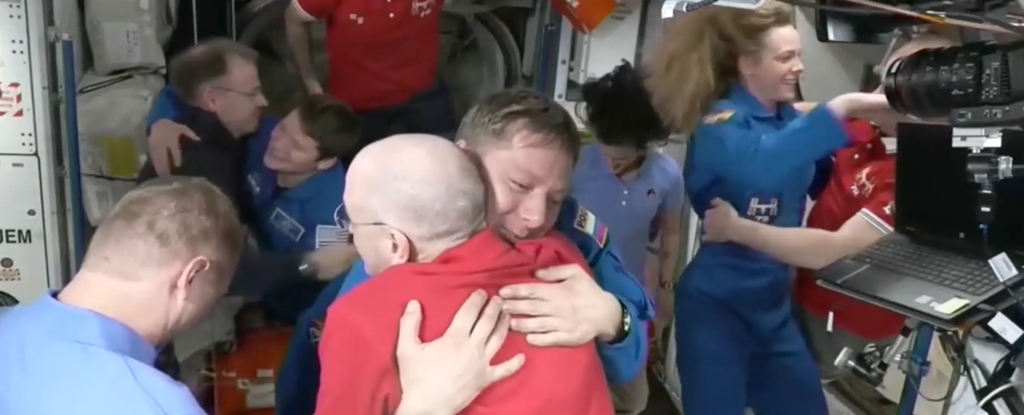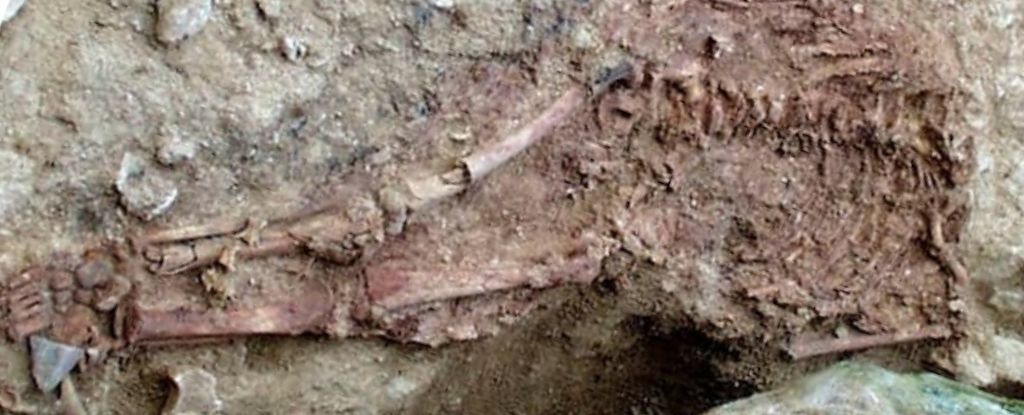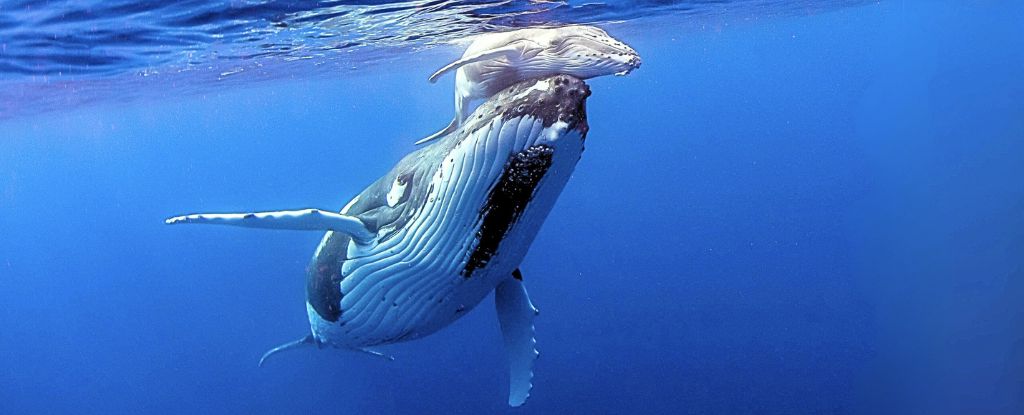Paris is aiming to host the most sustainable Olympics in history, and this year’s purple running track is a testament to that green goal.
Every year, roughly ten million tons of empty sea shells from oysters, clams, scallops, and mussels are dumped into landfills or the sea, globally.
Since 2021, truckloads of these barren bivalves from an Italian fishing cooperative, called Nieddittas, have been put specially aside for a whole new purpose.
Summer Olympic athletes are currently jumping and sprinting across a purple running track made with the fine powder of countless ground-up sea shells from the Mediterranean.
“You know you’re running fast when it starts to smell like chowder,” reads the top comment in a recent Reddit thread on the unique running track.
The new purple Olympic track is ready to go at the Stade De France for Paris 2024
77,000+ fans to pack the stands, many of them set to watch what could be a record breaking Games for Canadian athletics.
📸 IOC pic.twitter.com/QvVJfdZ6BA
— Ben Steiner (@BenSteiner00) May 17, 2024
The track design took three years to perfect. It was achieved through a collaboration between Nieddittas and engineers at the company Mondo, which has designed the last 12 Olympic running tracks.
Designers told the BBC their newest update is the fastest Olympic track yet; two percent faster than the one from Tokyo 2020.
“Three hundred world records have been broken on Mondo athletics tracks since 1972 and it is hoped many more will fall at the Olympic Games and Paralympic Games Paris 2024,” reads the official Paris Olympics website.
Compared to Mondo’s Tokyo 2020 track, which was red and made of rubber, half of the new purple track comes from recycled materials.
It’s the first time the Olympic athletics track has ever been colored purple, although that was not because of the mussels or clams. It was an aesthetic choice.
PURPLE TRACK CONSIDERED FASTEST IN OLYMPIC HISTORY UNVEILED 🟣🟪💜
First-of-its-kind newly installed Purple Track at the Stade de France, (The France National Stadium), Paris has been unveiled for 2024 Paris Olympic Games. This track has been described as the fastest in Olympic… pic.twitter.com/FDiROQ5zO0
— Olt Sports (@oltsport_) May 22, 2024
The real power of the powdered shells can’t be seen with the naked eye. Clams and mussel shells are made of calcium carbonate, which is a resilient material often used to semi-reinforce rubber and flooring. So instead of mining for new carbonate materials, the company used old shells.
This choice offset the emissions of the track’s production by the equivalent of “a Euro 4 diesel car traveling 60,000 km”, according to Mondo’s website. It also rerouted waste that would have otherwise gone to landfill.
“This project is not only scientifically suggestive but also a forward-looking example of long-term economic commitment to sustainability and territories, with transparency, responsibility, and a real will to make a difference,” Mondo continues.
There’s only one way to tell for sure how well the new track will perform. Let the games begin!





